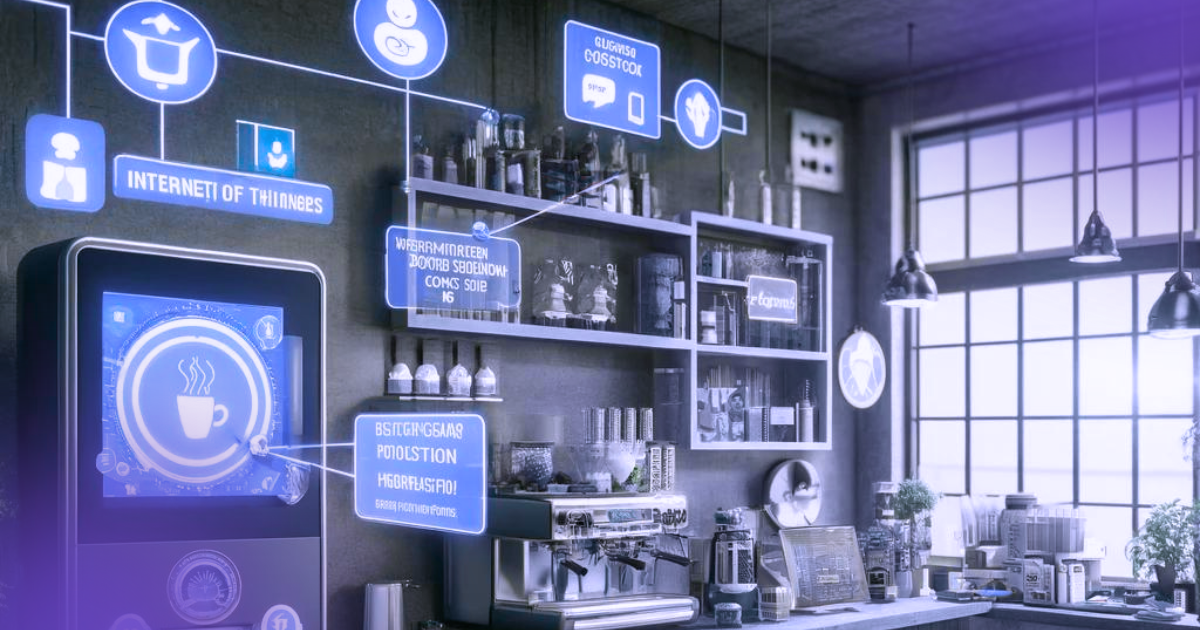With the continuous advance of technology, the Internet has become an indispensable element in our daily lives, both in the personal sphere and in the world of global business. However, in the context of this dynamic scenario, an innovative concept has emerged that promises to revolutionize our interaction with the network: the Internet of Things (IoT).
To this end, we’re going to explore what exactly it is and how its implementation requires an innovative approach on the part of companies, aimed not only at competitiveness, but also at benefiting consumers directly.
What is the Internet of Things (IoT)?
The Internet of Things (IoT) is the network of physical devices, vehicles, household appliances and other objects equipped with sensors, software and connectivity for data exchange and remote control over the internet. These connected devices can collect and transmit information in real time, enabling advanced interactions between the digital and physical worlds.
Essentially, the IoT enables everyday objects to become “smart”, able to collect data, process it and make decisions based on that data, often without direct human intervention. This creates an interconnected environment where machines, systems and people can collaborate more efficiently and effectively.
An everyday example of this is the use of home virtual assistants, such as Alexa, to control devices and carry out tasks using voice commands.
Benefits of implementing IoT
We can see that the benefits of implementing IoT are wide-ranging. They range from increased operational efficiency to new revenue opportunities and improved customer experience. Below are some of the main benefits of its adoption in a business environment:
- Improved Operational Efficiency: IoT enables the automation of processes and the collection of data in real time. This results in greater operational efficiency. For example: maintenance alerts from performance sensors in factories
- Data-driven decision making: Companies have access to a significant amount of data in real time. This allows for more informed and strategic decision-making. Given that, managers can analyze actionable decisions and predict trends more accurately.
- Improved Customer Experience: IoT makes it possible to personalize products and services by customer behaviour and preferences. For example: product recommendations based on a customer’s purchase history.
- Innovation and New Revenue Opportunities: It allows companies to develop new products and services based on data and connectivity. In addition, the ability to offer connected services can create new sources of revenue for companies.
But how do I implement it in my company?
Successful IoT implementation requires proper planning and a robust technical organization. Initially, your company can analyze the needs of the project, defining clear uses and setting measurable objectives. Next, it is essential to invest in the right infrastructure, such as IoT devices, sensors, secure networks and data management platforms. Careful integration with existing IT systems is essential to ensure interoperability and data security.
In addition, it is important to implement security measures to protect the data collected and transmitted by the IoT, such as encryption and device authentication. Training your employees is key to ensuring the efficient use of technology and maximizing the benefits of IoT. Adopt an iterative and agile approach to implementation, with pilot tests and continuous adjustments. This will ensure the success and effectiveness of IoT in your company.
IoT is a constantly evolving trend with diverse applications. From offices to industrial sectors. As well as opening doors to new forms of connectivity in homes, it is also leading companies to adapt in an agile and strategic way.
Stay up to date with other content and contact us if you need to, we’re here to help!




